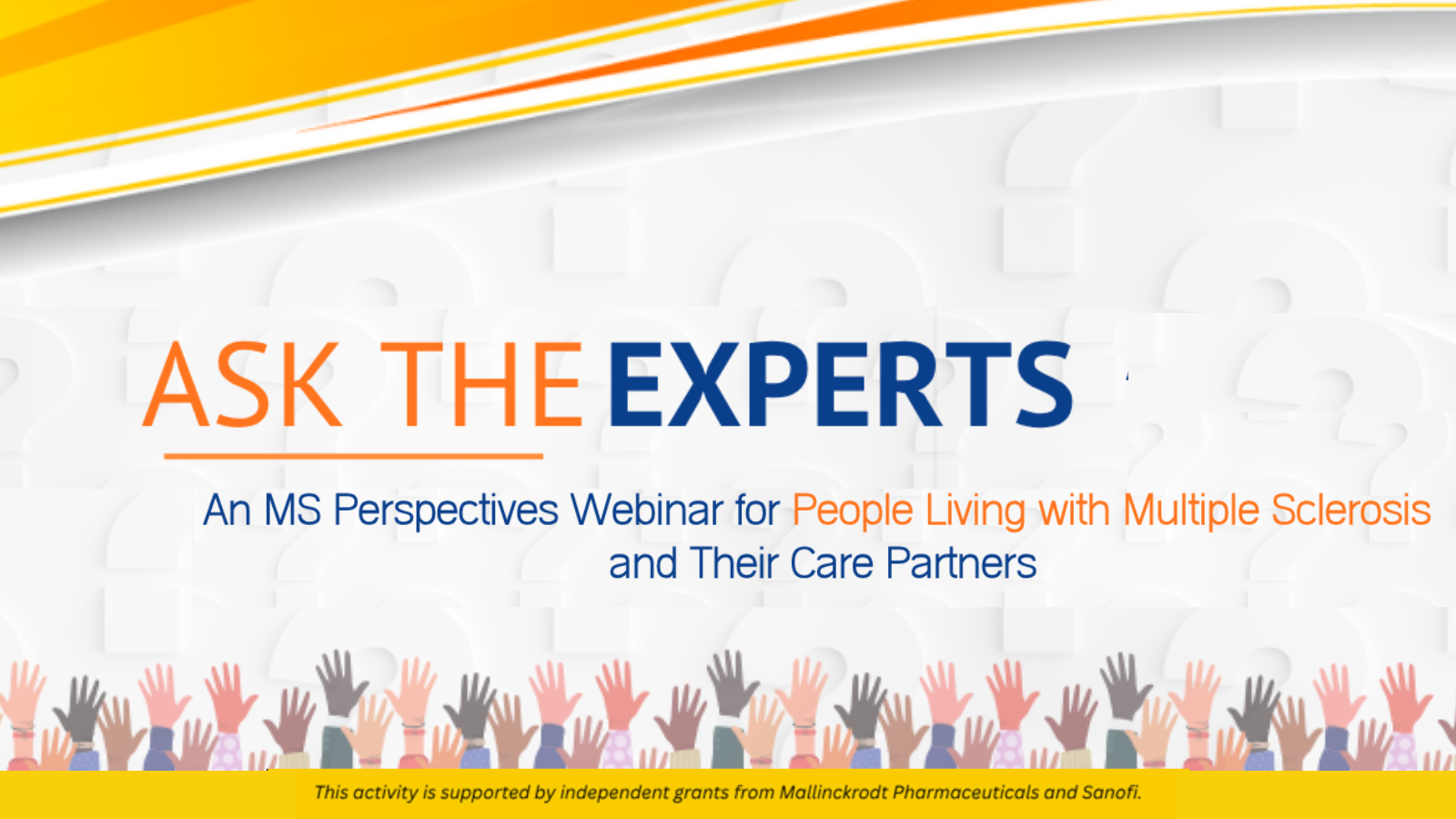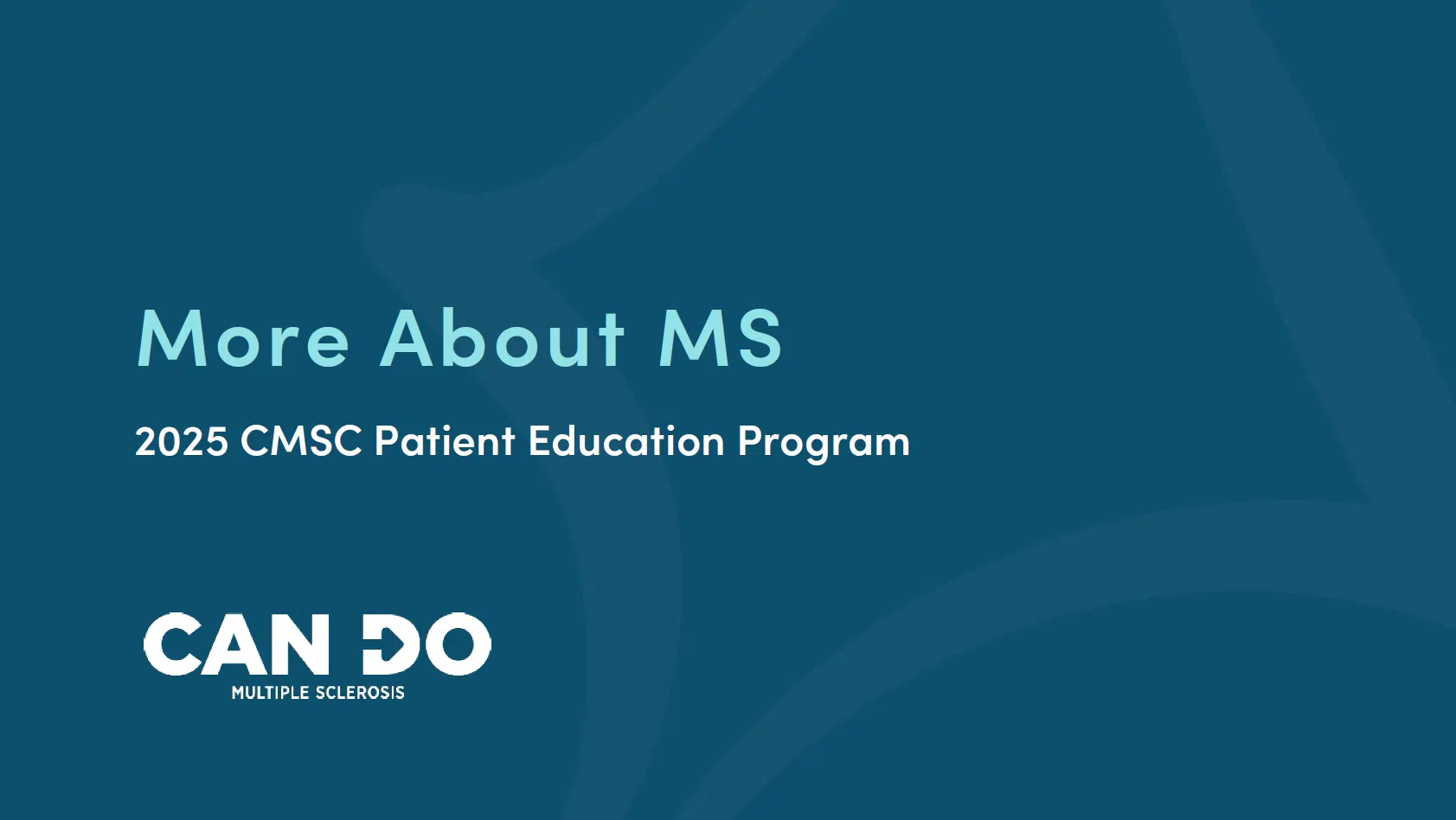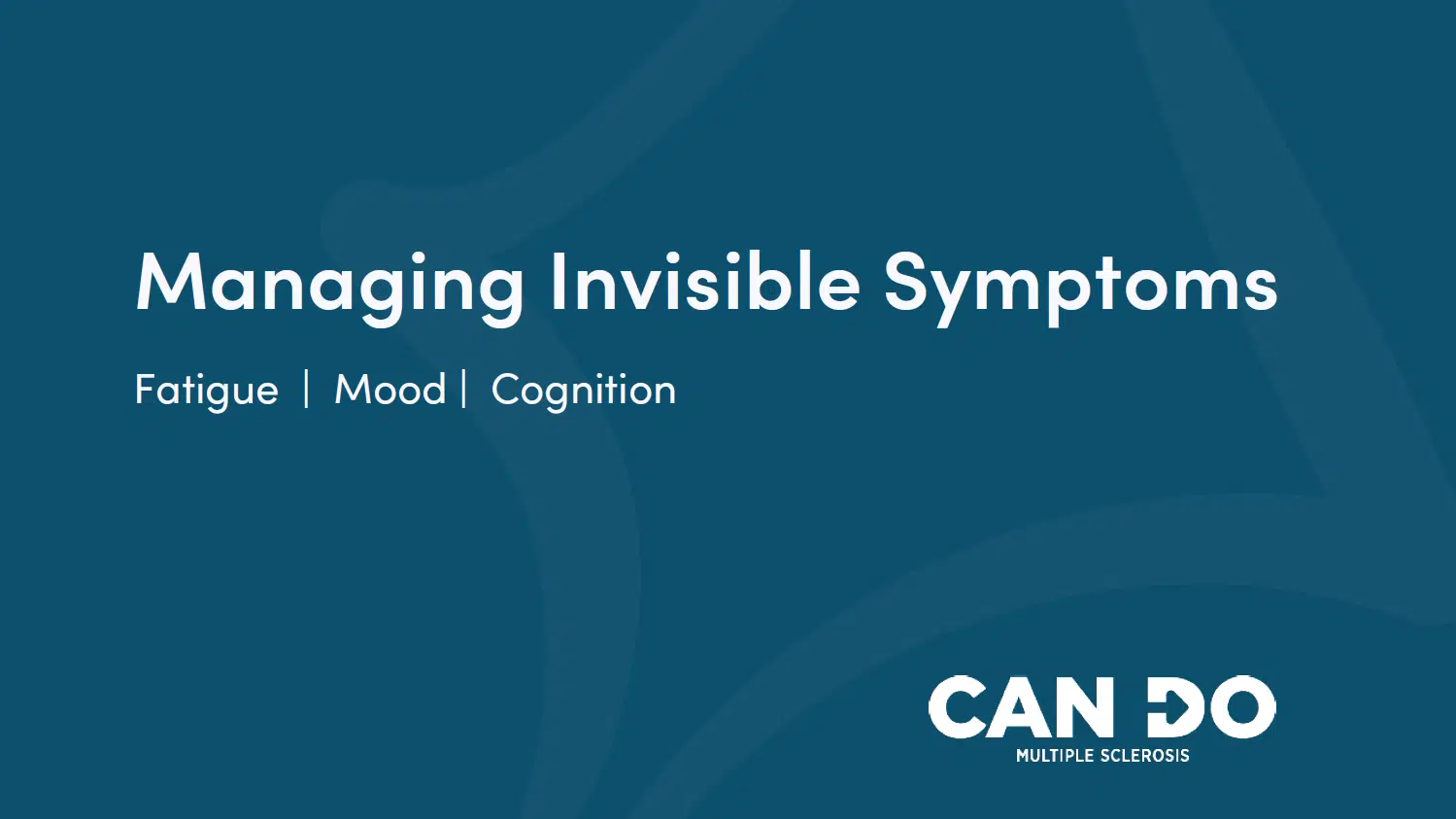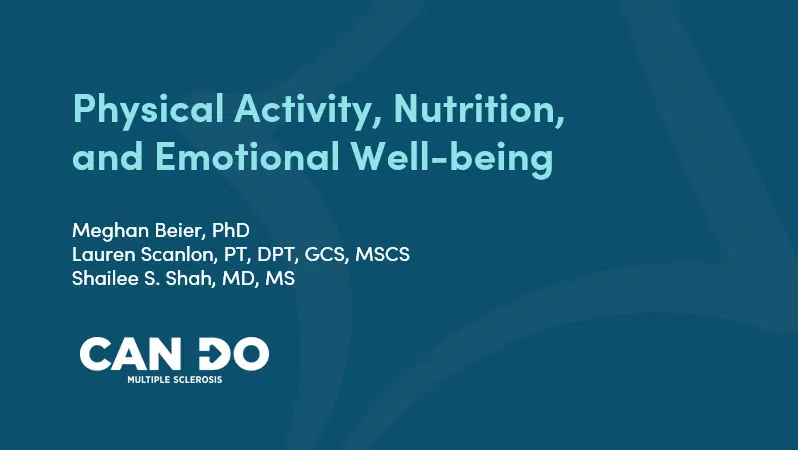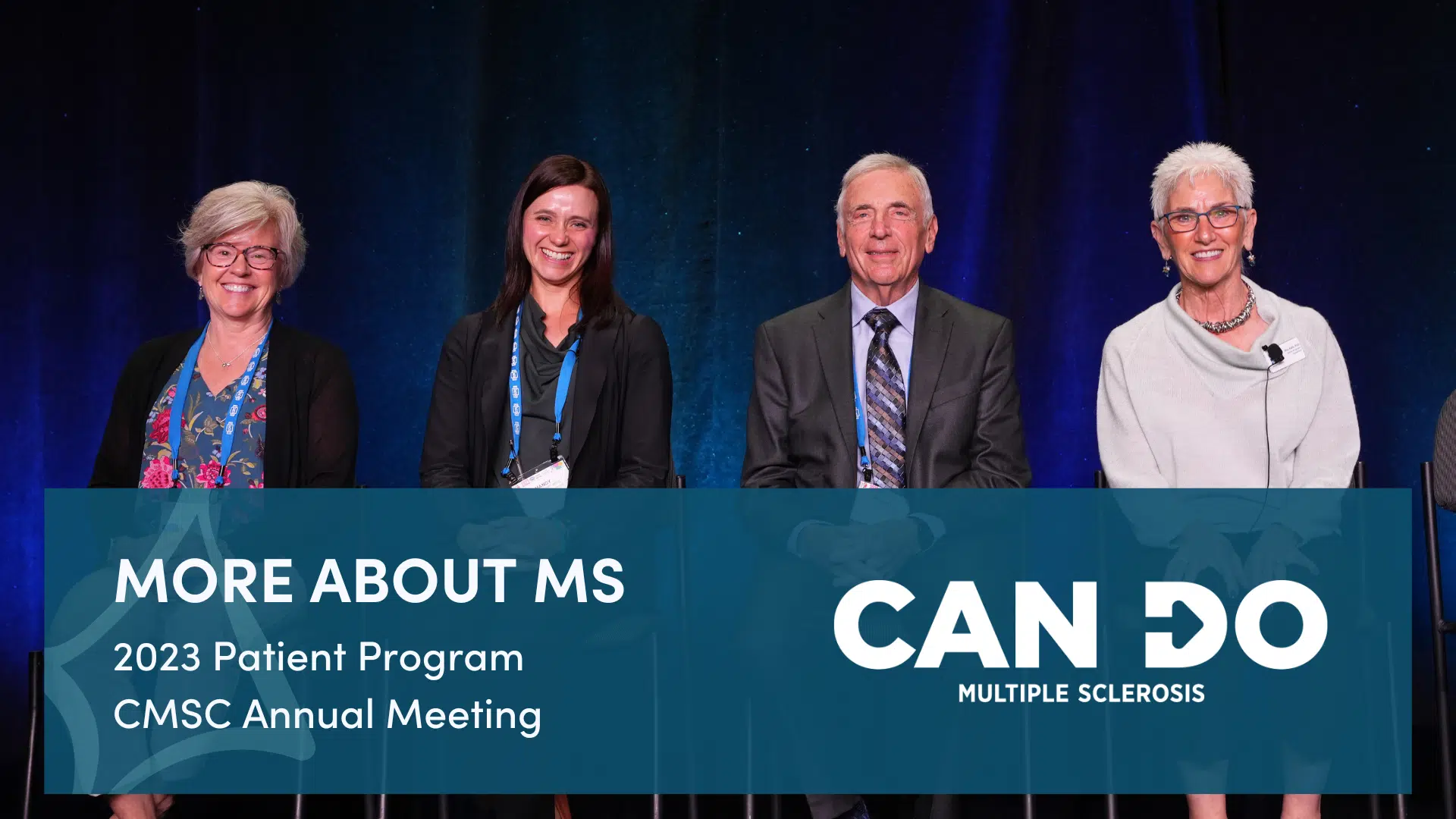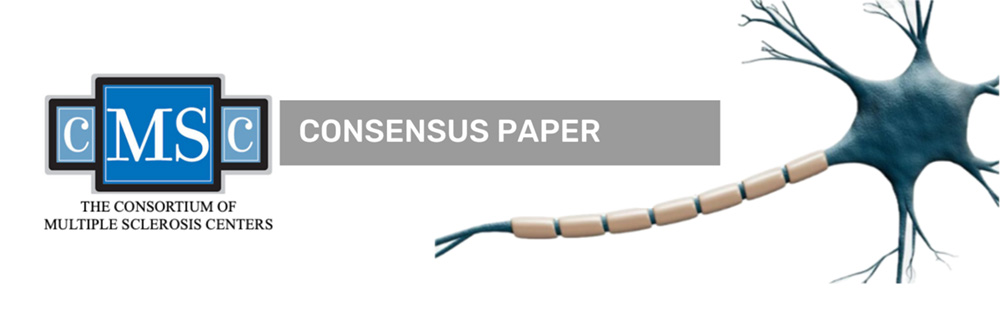This activity is jointly provided by The Consortium of Multiple Sclerosis Centers and Catamount Medical Education. This activity is supported by an independent educational grant from Bristol Myers Squibb.
We all know how debilitating a disease multiple sclerosis (MS) can be. Among the many neurologic symptoms involved, cognitive deficits are some of the most common, and they affect all aspects of life, including success in school and employment, social relationships, money management, fitness to drive, and the ability to live independently.
Despite how pervasive and debilitating cognitive impairments can be for people with MS, they are often not adequately addressed in clinical practice. Reasons for this gap are diverse and include a lack of training in the recognition of subtle signs, lack of awareness of assessment tools and resources, and time constraints. Also, there are no approved medical treatments for MS-related cognitive impairment, leaving many clinicians feeling helpless about how to treat this condition. Moreover the research data about best practices are limited, since
historically clinical trials often did not include cognitive endpoints.
So, what lessons can we draw from the evidence that is available? And how can we best educate members of the MS care team about current best practices for assessing and treating cognitive impairment in this population? On March 10, 2023, a group of leading specialists in the area of MS-related cognition met to discuss current issues in their field: describing the MS cognitive phenotype, reviewing the clinical data, exploring how best
to incorporate assessment and treatment in clinical practice, and when to refer to other clinical specialists.
This monograph contains a summary of the data presented and captures the discussion that occurred at this roundtable meeting. It outlines what we know, what we believe, and what we should do, both as researchers and clinicians, to assess, preserve, and enhance the cognitive functioning of people with MS.



